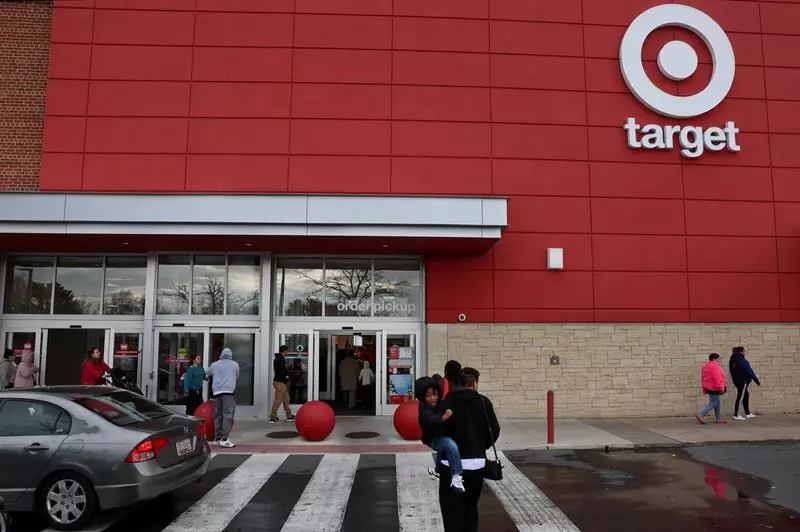Target Corporation, a major player in the retail industry, has announced a significant shift in its corporate policies by discontinuing its diversity, equity, and inclusion (DEI) programs by the end of the year. This decision comes amidst a growing trend among corporations in the United States to reevaluate their DEI commitments due to increasing backlash from conservative groups. As public sentiments towards DEI frameworks evolve, companies are faced with the daunting challenge of balancing social responsibility with market pressures.
In recent years, DEI initiatives gained considerable traction, particularly following the nationwide protests ignited by police violence against unarmed Black individuals in 2020. Organizations, including Target, adopted these programs to promote opportunities for historically marginalized communities, embracing a corporate responsibility ethos that favored inclusivity. However, as political discourse shifts, companies like Target, Walmart, Amazon, and Meta have found themselves retracting these initiatives amid accusations of reverse discrimination and calls from influential figures like former President Donald Trump to dismantle DEI frameworks deemed as preferential treatment.
This backlash raises critical questions: What constitutes meritocracy in hiring? Are DEI initiatives genuinely discriminatory or essential for addressing systemic inequalities? As Target navigates this charged landscape, its decision to scrap its programs has been met with sharp criticism from various stakeholders who argue that the retailer’s inclusive reputation is integral to its brand identity and consumer appeal.
Consequences of Ending DEI Programs
Critics have highlighted that Target’s cessation of its DEI strategies, including the halting of substantial investments devoted to Black-owned businesses and related initiatives, poses significant risks to its market position. Notably, Eric Schiffer, a reputation management expert, characterized this move as “brand suicide,” arguing that Target’s historical commitment to inclusivity has distinguished it from competitors like Walmart. In fact, Target’s efforts in promoting diversity have attracted a younger, more progressive consumer base that values corporate accountability and inclusiveness.
Furthermore, comments from politicians, including Texas Congressman Sylvester Turner, emphasize the misalignment between Target’s decision and its diverse customer demographics. Such critique raises concerns about the long-term implications of abandoning DEI objectives, suggesting that it could alienate a significant segment of their buyer base that expects continued advocacy for equity and inclusion in corporate practices.
Target has articulated that its decision stems from an engagement with evolving market dynamics. Kiera Fernandez, Target’s chief community impact and equity officer, has elucidated that ongoing internal reflections and market observations have influenced the corporate strategy. Nonetheless, the company remains under scrutiny for the potential hypocrisy of its actions, as it continues to maintain a workforce dominated by gender and racial diversity. According to the retailer’s 2023 diversity report, their employee composition includes 56% of women and 56% of employees identifying as people of color, positioning Target as a relatively progressive employer in the retail space.
This dichotomy illustrates a dissonance between Target’s workforce demographic and its public policy position—a factor that may evoke skepticism among consumers who expect alignment between a company’s internal practices and external advocacy. Consequently, audiences may interpret this move as a dilution of the principles that originally drove the retailer’s success.
As Target pivots away from its DEI programs, it underscores a broader conversation about the responsibility of corporate entities in addressing social inequalities. While the current political climate may present practical challenges to maintaining such initiatives, the long-term strategic implications of these decisions could reshape the retail ecosystem. A retreat from DEI may yield short-term benefits in public relations with certain constituencies but could also invite backlash from consumers who advocate for sustained corporate social responsibility.
In light of these developments, Target’s leadership must carefully weigh the potential ramifications of its policy shift, not only on market positioning but also on its corporate ethos and brand loyalty. The evolution of consumer expectations regarding corporate accountability and social justice remains fluid, and companies like Target must navigate this landscape attentively to ensure they remain relevant and resonate with their diverse customer base. Ultimately, as the conversation surrounding DEI continues to unfold, Target’s ability to align its public stance with its customer expectations will be critical in defining its future path.

